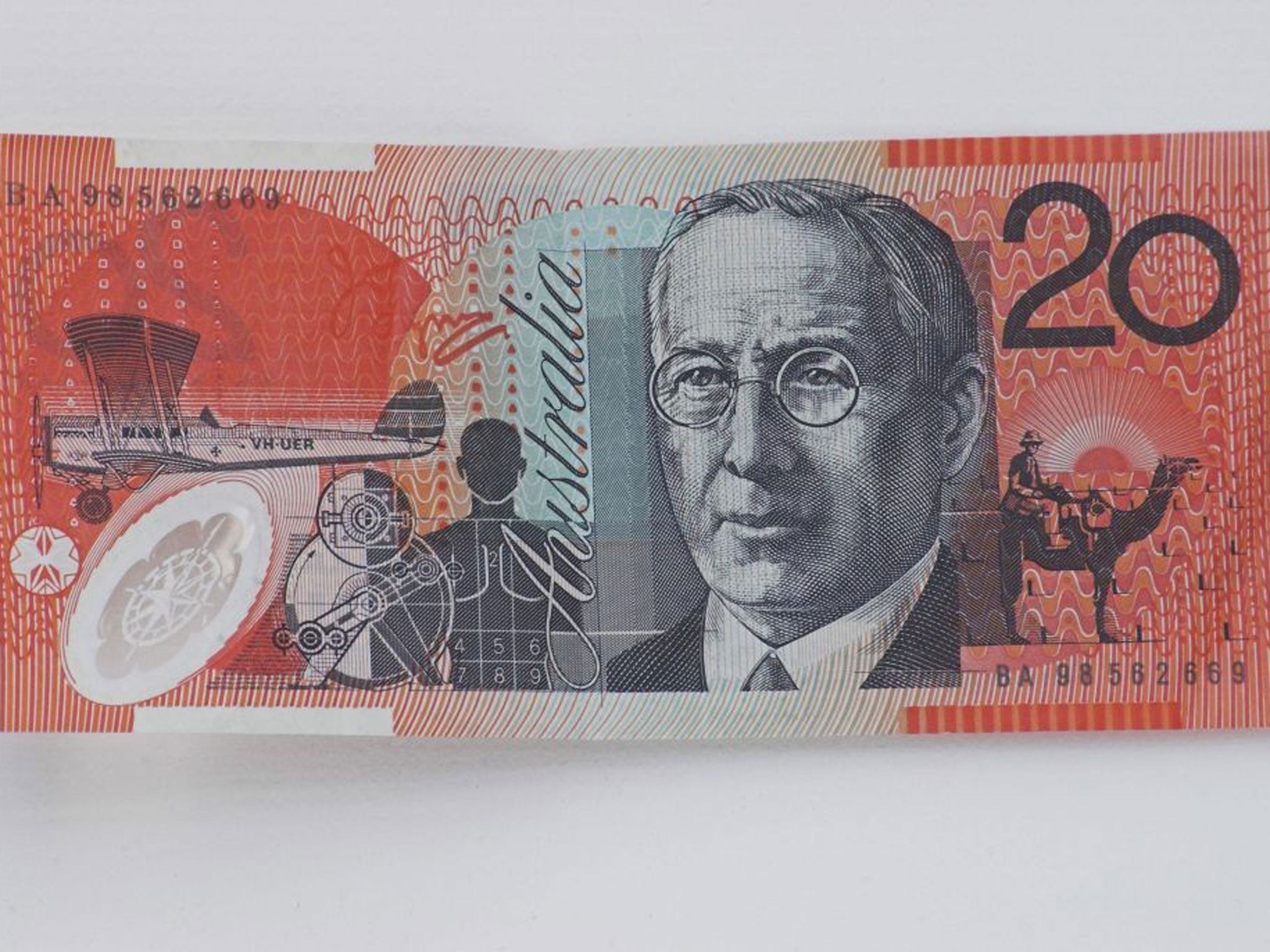Cash? It's time to put it all on plastic, says new Bank of England governor

Plastic bank notes could soon replace paper money in Britons' wallets, the incoming governor of the Bank of England has hinted.
Mark Carney introduced polymer notes two years ago while Governor of the Bank of Canada – and has now indicated that he's inclined to do the same in this country when he takes over from Sir Mervyn King in July.
Plastic notes are waterproof and more durable than paper currency. The smooth, transparent notes are also said to be more difficult to counterfeit. But their introduction to Canada was not universally popular, with shoppers complaining that the new notes are "sticky, thin and annoying", tend to clump together and often get rejected by vending machines.
Photos have also emerged of notes that "melted" after being placed on radiators, although Canadian authorities denied this was possible.
When asked by Canada's CTV news programme if Britain could expect to enjoy the benefits of the plastic five or ten pound notes, Mr Carney replied: "The Bank of England is exploring a variety of options for their next currency, yes." Addressing the criticisms of polymer notes, Mr Carney added: "They last longer, they're cleaner and greener, good value for taxpayers and better for the environment."
The introduction of plastic notes would bring an end to more than 300 years of paper money in the UK. The Bank of England was established in 1694 to raise money for King William III's war against France, and almost immediately started to issue notes in return for deposits.
In addition to Canada, polymer notes are used in New Zealand, Romania, Papua New Guinea, Mexico and Vietnam.
A plastic five pound note was introduced in Northern Ireland in 1999 to mark the Millennium.
The Bank of England is currently tendering a £1bn project to print its money – currently made from cotton fibre and linen rags, from 2015 at its press in Debden, Essex.
Questioned about economic matters Mr Carney told the programme that under his leadership the Bank would be "focused on price stability, focused on growth, repairing the financial system and helping to reform the global system and European system," and he thinks that "British officials have put in place a structure that allows that to happen."
"The value of me going there to the institution is to bring a different perspective," he added.
Subscribe to Independent Premium to bookmark this article
Want to bookmark your favourite articles and stories to read or reference later? Start your Independent Premium subscription today.

Join our commenting forum
Join thought-provoking conversations, follow other Independent readers and see their replies